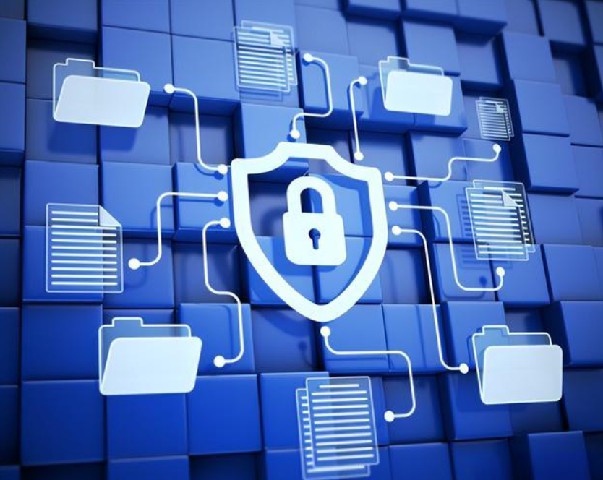Global IT supply chain
International transportation + IT O&M outsourcing + self-owned backbone network
Ensuring network security is a top priority for both businesses and individual users. Below are some critical network security measures to safeguard your network and data.

1. Using Firewalls to Protect the Network
Firewalls are essential network security devices that monitor and manage incoming and outgoing network traffic. They effectively prevent malicious attacks and unauthorized access. By configuring firewall rules, you can restrict access to specific IP addresses, ports, or protocols, thereby enhancing network security. Firewalls can also detect and block the spread of malware, protecting the network from various security threats.
2. Encrypting Communications to Ensure Data Security
During network communications, data can be at risk of being intercepted or tampered with, making encryption crucial. Encryption algorithms transform data into ciphertext, which can only be decrypted by authorized users with the correct decryption key. Common encryption protocols include HTTPS and SSL/TLS, which ensure the confidentiality and integrity of data during transmission, effectively preventing data leaks and tampering.
3. Regular Security Vulnerability Scanning and Patching
Network systems and applications often contain security vulnerabilities that hackers can exploit. Regular security vulnerability scanning and timely patching are vital steps to enhance network security. By using vulnerability scanning tools to inspect network devices, operating systems, and applications, you can identify and fix potential vulnerabilities effectively.
4. Implementing Access Control and Authentication
Access control and authentication are crucial for network security. By setting access control policies, you can restrict users’ access to system resources, allowing only authenticated users to access sensitive data and resources. Authentication involves verifying user identities through methods such as usernames, passwords, and biometric features, ensuring that only authorized users can log in and use the system. This measure effectively prevents unauthorized access to system resources.
5. Regular Data Backups
Regular data backups are a critical strategy to prevent data loss. Backing up data helps recover it in case of virus attacks, hacking incidents, or system failures, effectively mitigating the impact of data loss. It is advisable to regularly back up important data and store it in a secure and reliable location to ensure quick data recovery in case of unexpected situations, thus reducing data risks.
Using firewalls, encrypting communications, performing regular vulnerability scans, implementing access control and authentication, and regularly backing up data can effectively protect network security. These measures not only prevent malicious attacks and unauthorized access but also ensure the confidentiality and integrity of data, significantly enhancing overall network security. We hope these suggestions help you better protect your network and data security. For further assistance, feel free to consult Ogcloud network service providers.

International transportation + IT O&M outsourcing + self-owned backbone network

Cellular chips + overseas GPS + global acceleration network

Overseas server room nodes + dedicated lines + global acceleration network

Global acceleration network + self-developed patented technology + easy linking

Global Acceleration Network + Global Multi-Node + Cloud Network Integration


